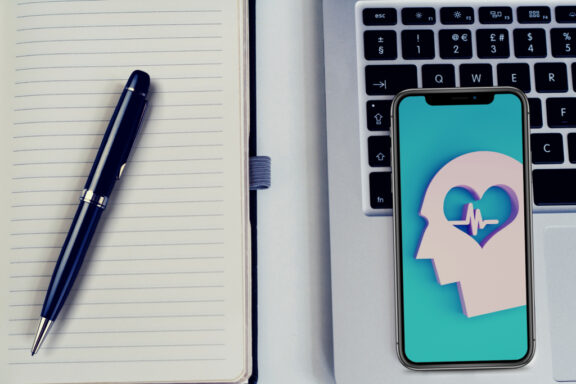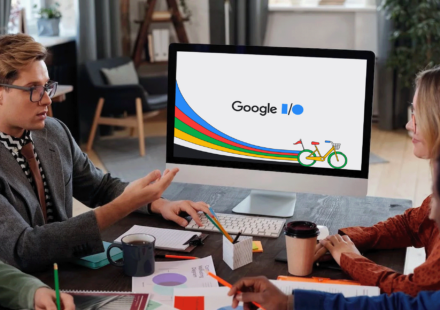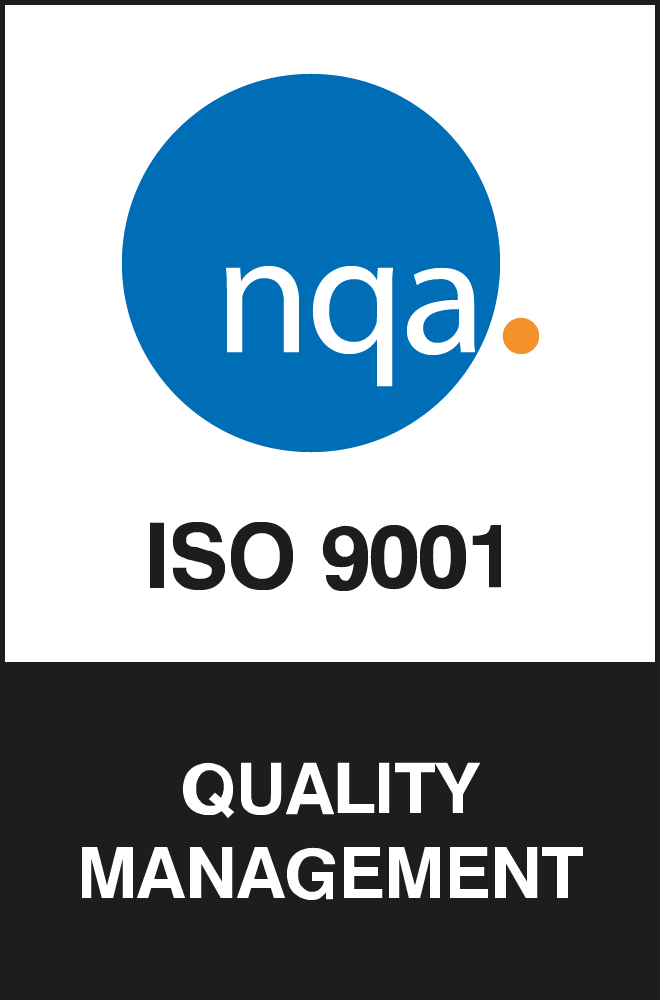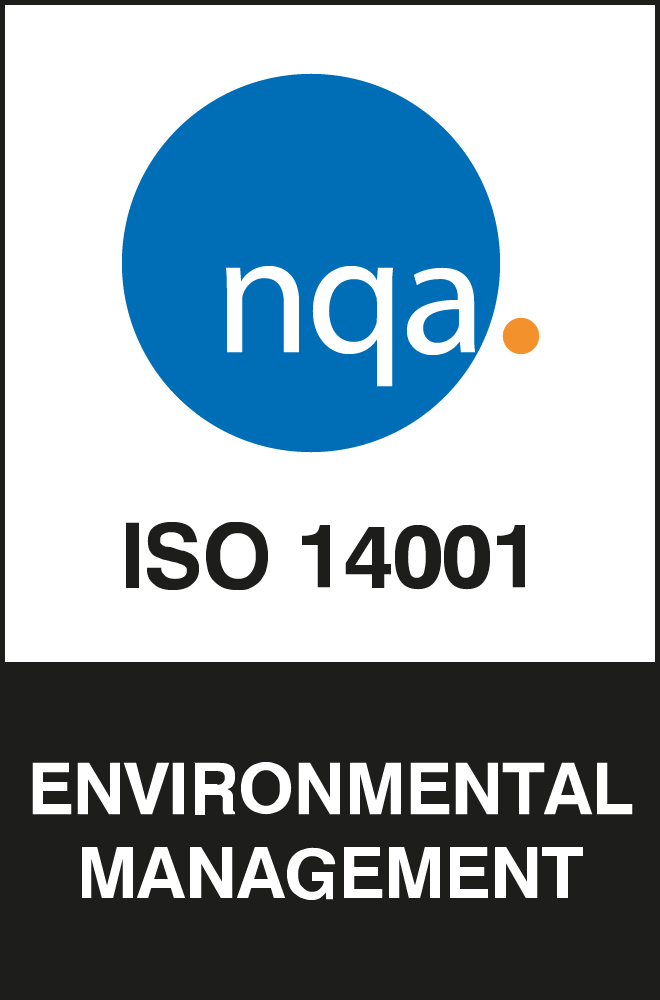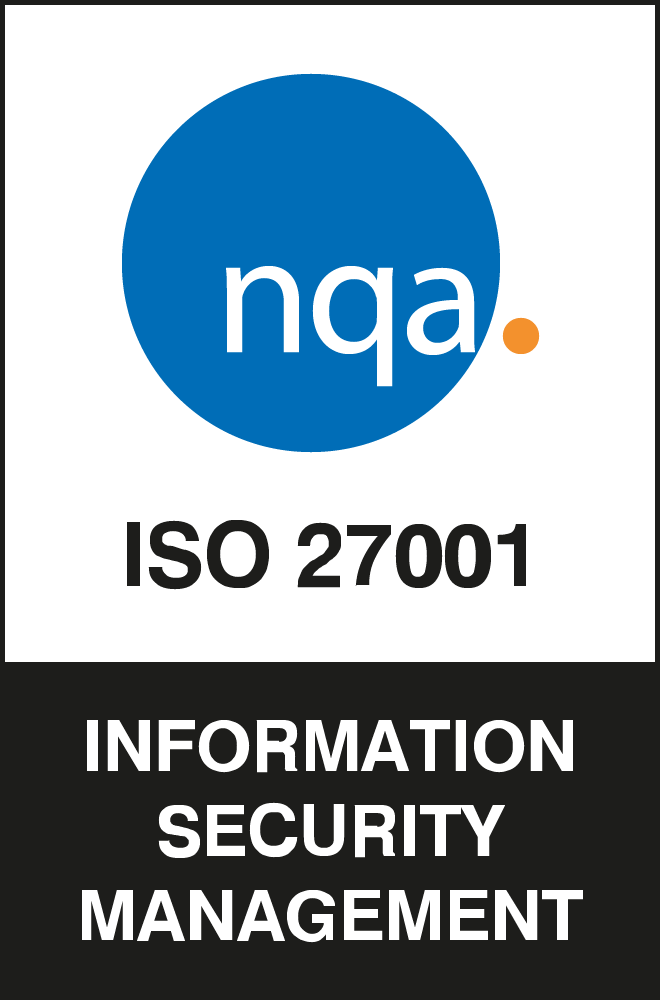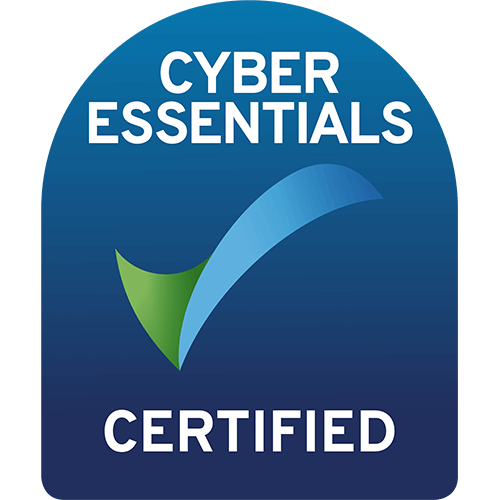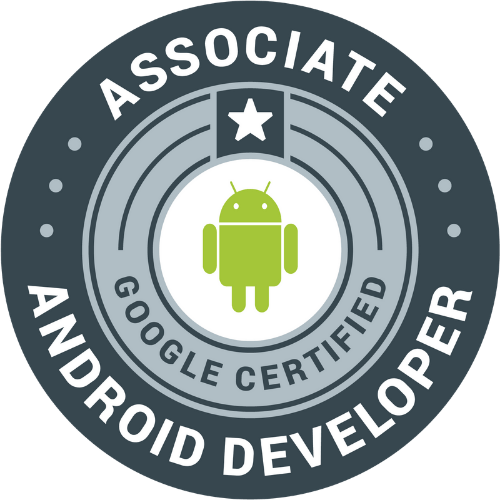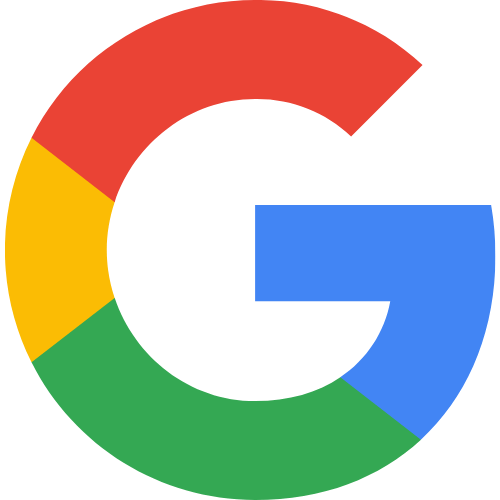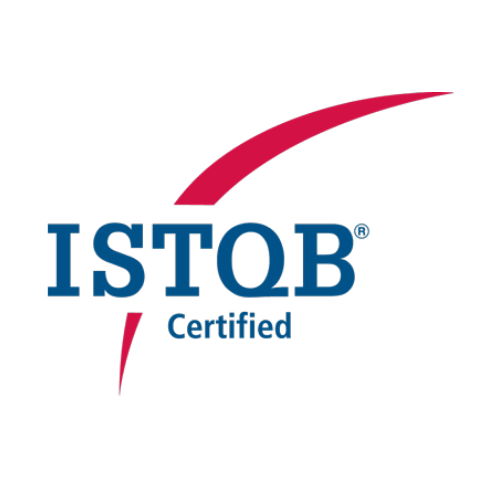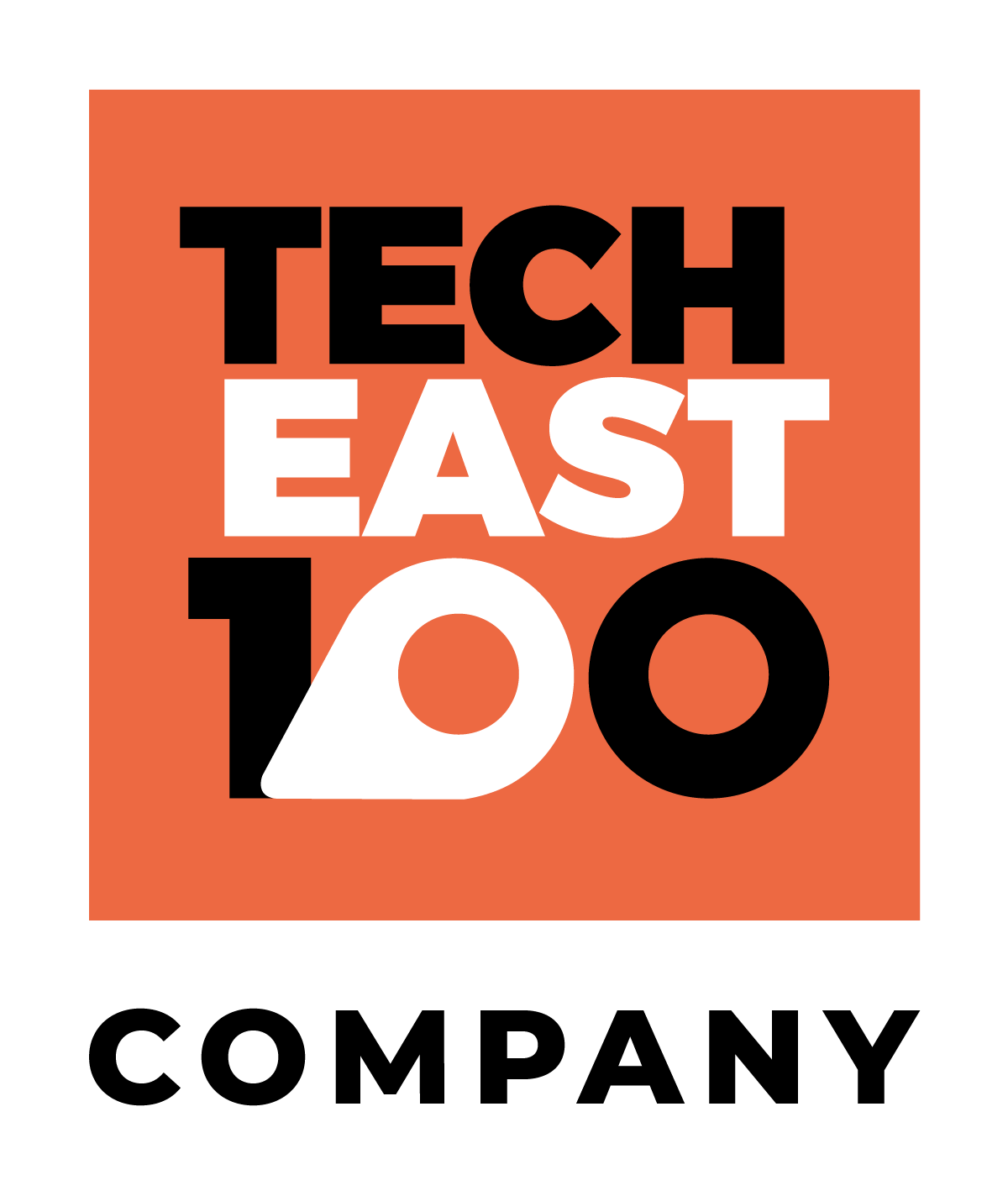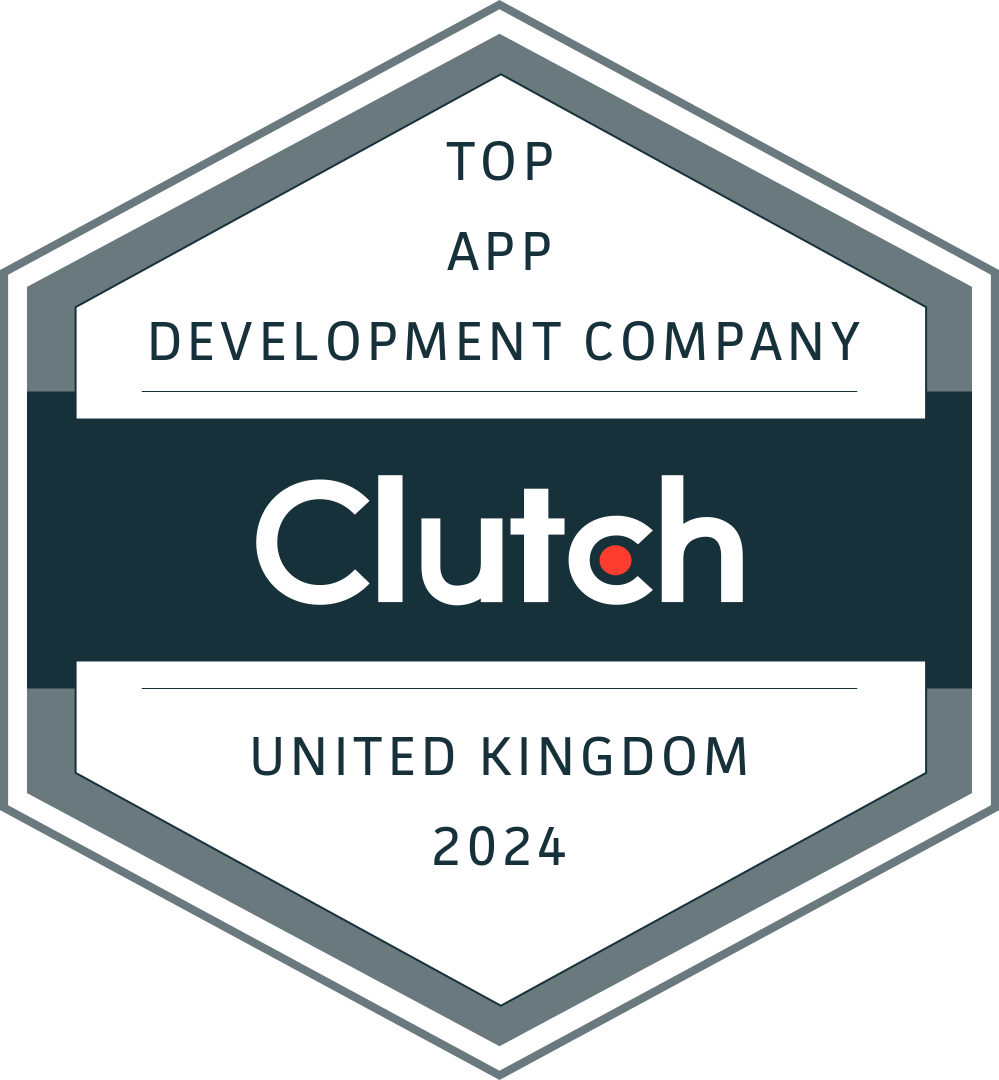With advances in innovation, technology and increased access to smartphones, the number of health apps has exploded in recent years. As the health service has been revolutionised, this has meant that medical professionals are now integrating health apps into clinical care delivery.
So, recognising this we have put together this article to help provide those who are suffering from mental health conditions with resources and information including:
- Why apps are being prescribed as medicine
- How apps are being assessed before being recommended by clinicians
- Why mental health apps should be rated
- The top mental health apps for various needs
- Charities and organisations individuals can reach out to in the UK for specific mental health issues
Why are apps being prescribed as medicine?
Apps are being prescribed by clinicians because they help with cost savings, allow patients to have control over their health and support many aspects of health including diagnosis, treatment and monitoring. They also assist health care professionals with many things including information management, time management, health record maintenance and access, communications and consulting, reference and information gathering, clinical decision making, patient monitoring and medical education and training.
In regards to mental health, waiting lists in the UK for mental health services are extremely long, lasting months in some instances. During this waiting period, individuals are left in limbo not being able to be treated or assessed, which can have a multitude of negative consequences per research findings from the We Need to Talk campaign. So, GPs are prescribing mental health apps as a kind of medicine / solution for those patients to essentially help ease their symptoms while they are waiting while also providing a more holistic approach to wellbeing.
How are apps assessed before being added to the NHS library?
Some people may think that just because they have heard of a trending mental health app that the app is actually safe and beneficial and has been through rigorous testing. However, this isn’t always the case, which is why organisations including the NHS assess them before adding them to their library – showing that they are suitable and safe for clinicians to prescribe.
In order to publish an app in these libraries, developers need to answer a range of digital assessment questions (DAQ), to make sure that only safe and secure apps and digital tools are published in the NHS Apps Library. These questions have been designed by experts from technical and policy backgrounds and are used to evaluate:
- Available evidence on outcomes (beta testing results)
- Clinical safety (hazard logs and safety case reports)
- Data protection
- Security
- Usability and accessibility
- Interoperability
- Technical stability
By being thoroughly assessed in this way, the NHS can distinguish between apps that are safe for users and not safe. There are also similar processes that psychologists and psychiatrists, who are independently practising, go through before prescribing them to their patients.
Why should mental health apps be rated in app stores?
Mental health apps should be rated to ensure that users know which apps are the best and safest. If users decide to use an app from an app store, users should always look for:
- The number of downloads
- The rating of the app
- Comments from users who have used the app
- Negative press and research suggesting the app may not be safe
Top Mental Health Apps
We have researched the top mental health apps in the UK NHS App Library, apps recommended by charities and non-profit organisations, apps rated highly by the American Psychiatric Association’s App Advisor guidelines and apps rated highly in the Google Play Store and Apple App Store.
Currently, many apps are limited to addressing specific issues or providing specific coping mechanisms rather than being all encompassing, so have broken up our list into apps for different conditions and needs from A to Z.
Addiction Apps
I Am Sober
I Am Sober is an app that allows users to track sober days and build better habits while also providing ongoing motivation by connecting users to a wide network of people all striving for the same goal: staying sober one day at a time.
24 Hours a Day
Twenty-Four Hours a Day offers 366 meditations from the book it is based on and makes it easier for individuals in recovery from addiction to focus on being sober wherever they are.
Anxiety Apps
SAM: Self-help for Anxiety Management
SAM is an app that helps users understand what causes anxiety because it lets them monitor anxious thoughts and behaviour over time. It also helps users manage anxiety through self-help exercises and private reflection.
Stress and Anxiety Companion
Stress & Anxiety Companion helps users handle stress and anxiety on-the-go using breathing exercises, relaxing music and games designed to calm the mind. Via this technique, the app helps users change negative thoughts and better cope with life’s ups and downs.
Happify
Happify‘s science-based activities and games help users overcome negative thoughts, stress and life’s challenges and their techniques are developed by leading scientists and experts who’ve been studying evidence-based interventions in the fields of positive psychology.
Thrive
Thrive is a game based app that helps users prevent and manage stress, anxiety and related conditions. The app can be used to help users relax before a stressful situation or on a more regular basis in order to live a happier, more stress-free life.
Autism Spectrum Disorder Apps
HabitRPG
HabitRPG is a habit building and productivity app that uses gamification to motivate its users.
Sensory App House
Sensory App House has a range of sensory apps to help with relaxation and overstimulation in those with ASD.
Bipolar Disorder Apps
eMoods
eMoods helps users easily track daily highs and lows, sleep, medications and other symptoms related to bipolar and allows them to identify triggers and cycles of events that could lead to a bipolar relapse.
Moodnotes
Moodnotes can be used to observe and record feelings and improve thinking habits through positive psychology and CBT. By identifying bipolar triggers of current moods, users can avoid common thinking traps.
Daylio
The Daylio app allows users to create a private mood diary to track moods without having to type a word. There’s also a statistic and calendar area that’s useful for identifying patterns in moods and behaviours.
Moodscope
Moodscope enables users to describe, measure, track, share and manage their moods and involves a playing card mood assessment and graphs to track over time. It also emails a daily blog.
MoodLog
With MoodLog, users can track changes in mood as well as any symptoms that might be related to them, such as menstruation, headaches, nausea, panic and more. The app also includes the option to indicate the severity of each for a more precise picture of a user’s experience. Users can also add details about therapy and medication, from timing to dose. MoodLog also has notifications users can set to remind them to open the app and log for the day.
Depression Apps
Happier
Happier helps users stay more present and positive throughout the day and its Apple Watch app is like a personal mindfulness coach and can be used to lift moods, take a quick meditation pause or capture and savour the small happy moments that users find in their day.
Side by Side
Side by Side is a supportive online community where users can feel at home talking about their mental health and can connect with others who understand what they are going through.
Mood Tools
MoodTools is designed to help users combat depression and alleviate negative moods.
Eating Disorder Apps
Recovery Record
Recovery Record is an app that helps keep eating disorder treatments relevant, timely and on track via its discrete meal logging system, meal plan system, coping skills, secure messaging, data and charts to show progress over time.
Rise Up + Recover
Rise Up + Recover is an app from the blog Recovery Warriors that uses cognitive behavioral therapy (CBT) to help users monitor their diets and exercise and determines what their triggers are.
Obsessive Compulsive Disorder Apps
NOCD
Made by people with OCD, along with some of the world’s top experts, NOCD offers live video-based OCD therapy and in-between session support, right in the NOCD platform.
GGOC
GGOC was developed in order to provide an accessible CBT training platform that would allow individuals with OCD related fears and doubts to better deal with negative self-talk.
Mindfulness and Meditation Apps
Headspace
Headspace is an app for medication, sleep and relaxation.
Calm
Calm is an app for meditation, sleep and relaxation.
PTSD Apps
PTSD Coach
PTSD Coach was initially created for US military vets and is now in 115 countries and benefits anyone suffering from PTSD and offers education and insights about the disorder itself as well information about professional care options. Interactive elements include a self-assessment exam and coping tools such as positive self-talk and anger management exercises.
PTSD Family Coach
PTSD Family Coach is an app similar to PTSD Coach. PTSD Family Coach provides support for concerned family members of those with PTSD. The app can help users learn about PTSD, how to take care of themselves and how to manage their relationships with loved ones or children. PTSD Family Coach also has information on how to help users’ loved ones get the treatment they deserve.
Schizophrenia Apps
My Journey
The My Journey app is designed to help people with psychosis and schizophrenia monitor and stay on effective treatment.
Health Storylines
With Health Storylines, users can record details and specifics about symptoms, medication, moods and more. Users can either choose what they want to track and see all the information that users need to help them or a loved one who is living with schizophrenia and related disorder.
Self Harm & Suicide Prevention Apps
distrACT
The distrACT app gives users easy, quick and discreet access to information and advice about self-harm and suicidal thoughts.The content has been created by doctors and experts in self-harming and suicide prevention.
Stay Alive
The Stay Alive app is a pocket suicide prevention resource for the UK, packed full of useful information to help users stay safe. Users can utilise the app if they are having thoughts of suicide or if they are concerned about someone else who may be considering suicide. In addition to the resources, the app includes a safety plan, customisable reasons for living, and a life box where users can store photos that are important to users.
notOK
notOK is an app that features a large, red button that can be activated to let close friends, family and their support network know help is needed. Users can add up to five trusted contacts as part of their support group so when they hit the digital panic button, a message along with their current GPS location is sent to their contacts.
UK Mental Health Charities
Below is a list of some recommended UK mental health charities. If users have any that we have not added to the list please get in touch as we want this resource to be as useful as possible.
Addiction Charities
Anxiety Charities
Autism Spectrum Disorder Charities
Bipolar Disorder Charities
Depression Charities
Eating Disorder Charities
Obsessive Compulsive Disorder Charities
PTSD Charities
Schizophrenia Charities
Suicide Prevention Charities
Are you interested in developing a health app?
As experts in mobile app development for Android and iOS devices and boasting multiple ISO certifications, we can help guide you in the creation of your next health app idea.
